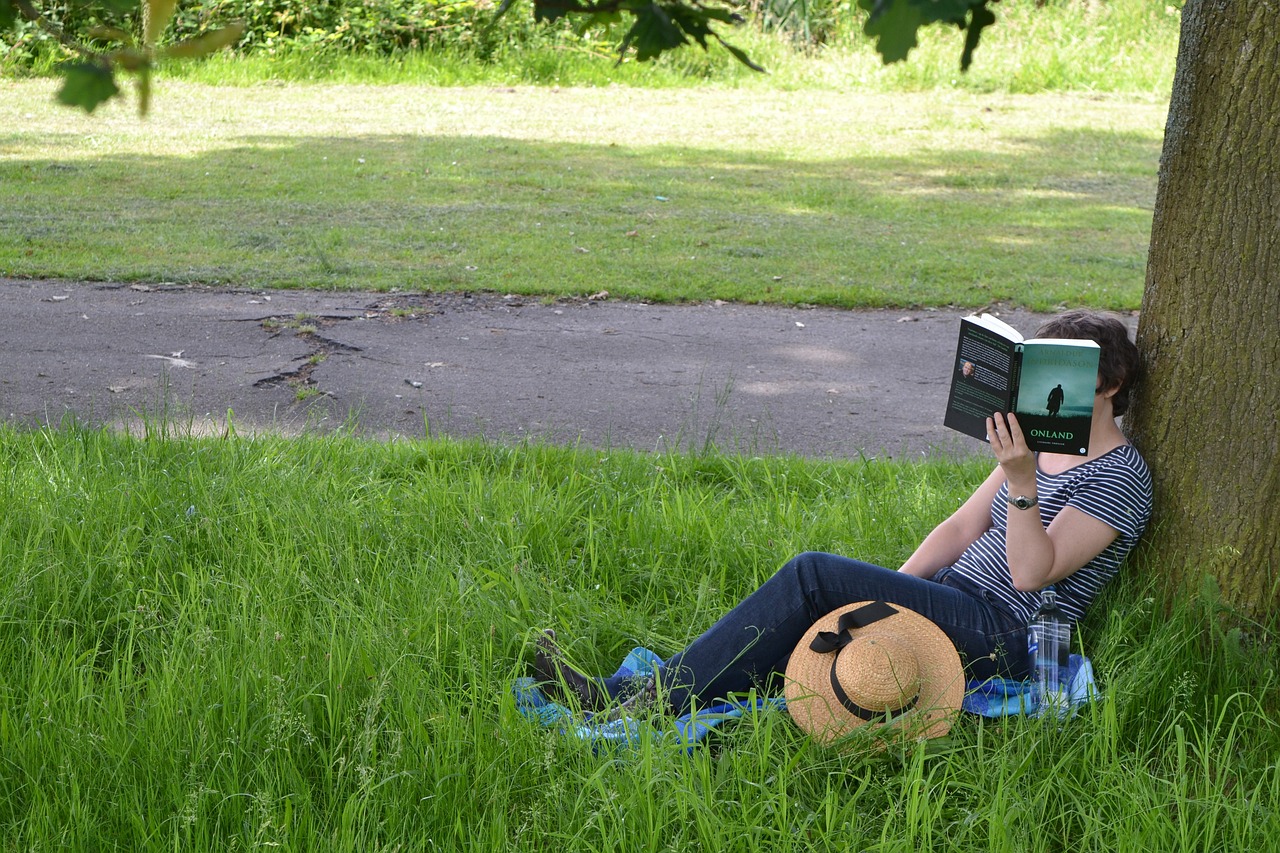Promoting Positive Behavior Management Strategies in Preschools: Diamondexch9, Sky99exch com login, Reddy club
diamondexch9, sky99exch com login, reddy club: Promoting Positive Behavior Management Strategies in Preschools
Preschool is a critical time in a child’s development, where they learn foundational social and emotional skills that will serve them throughout their lives. One key aspect of ensuring a positive and nurturing environment in preschools is implementing effective behavior management strategies. By promoting positive behavior management techniques, educators can create a supportive and conducive learning environment for young children to thrive.
Creating a Positive Classroom Environment
One of the essential components of positive behavior management is establishing a positive classroom environment. This includes setting clear expectations for behavior, creating a safe and welcoming space, and fostering a sense of community among students. By modeling positive behavior and providing opportunities for children to practice social skills, educators can reinforce positive behaviors and discourage negative ones.
Establishing Clear Rules and Expectations
Setting clear rules and expectations is crucial for managing behavior in preschools. Clearly communicate what is expected of students in terms of behavior, and consistently reinforce these rules. Use positive reinforcement techniques such as praise, rewards, and encouragement to promote desirable behaviors and address any misbehavior promptly and appropriately. By creating a predictable and structured environment, children can feel secure and know what is expected of them.
Encouraging Prosocial Behavior
Promoting prosocial behavior, such as sharing, cooperation, and empathy, is another effective strategy for managing behavior in preschools. Encourage children to work together, solve problems collaboratively, and express their feelings in a constructive manner. Teach children how to communicate effectively, resolve conflicts peacefully, and show respect for others. By fostering these prosocial skills, educators can help children build positive relationships and develop a sense of empathy and kindness towards others.
Using Positive Reinforcement Techniques
Positive reinforcement is a powerful tool for promoting positive behavior in preschools. Praise, rewards, and incentives can be used to reinforce desirable behaviors and motivate children to continue exhibiting them. Recognize and celebrate small achievements, such as following instructions, sharing with others, or helping a classmate. By focusing on positive behaviors and providing positive reinforcement, educators can create a culture of encouragement and support in the classroom.
Implementing Individualized Behavior Plans
For children with challenging behavior, individualized behavior plans can be an effective strategy for promoting positive behavior management. Identify the specific triggers and underlying causes of the behavior, and work with parents and other professionals to develop a personalized plan to address these issues. Provide additional support and resources as needed, and monitor progress regularly to ensure that the plan is effective.
FAQs
Q: How can I effectively manage disruptive behavior in the classroom?
A: First, establish clear rules and expectations, and consistently enforce them. Use positive reinforcement techniques to promote positive behavior, and address any disruptive behavior promptly and appropriately. If necessary, seek assistance from parents, administrators, or behavior specialists to develop a plan to address the behavior.
Q: What are some effective strategies for promoting positive social skills in preschoolers?
A: Encourage children to engage in cooperative activities, practice sharing and taking turns, and express their feelings in a constructive manner. Teach children how to communicate effectively, resolve conflicts peacefully, and show empathy and kindness towards others. Model positive social behaviors and provide opportunities for children to practice these skills in a supportive environment.
Q: How can I support children with challenging behavior in the classroom?
A: Identify the underlying causes of the behavior and work with parents and other professionals to develop a personalized behavior plan. Provide additional support and resources as needed, and monitor progress regularly to ensure that the plan is effective. Seek guidance from behavior specialists or counselors for additional support if necessary.
In conclusion, promoting positive behavior management strategies in preschools is essential for creating a supportive and nurturing learning environment for young children. By establishing clear rules and expectations, fostering prosocial behavior, using positive reinforcement techniques, and implementing individualized behavior plans when necessary, educators can effectively manage behavior and promote positive social and emotional development in preschoolers.







